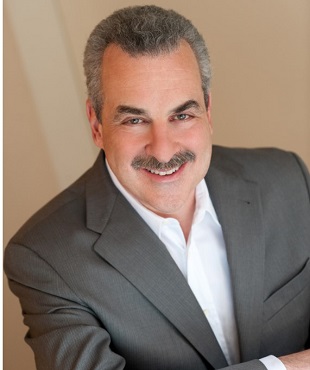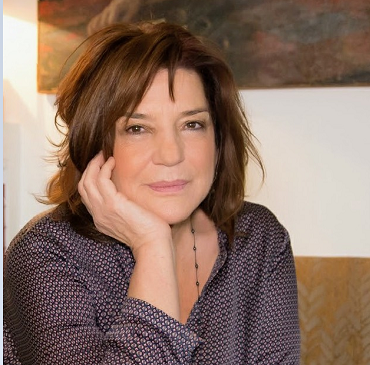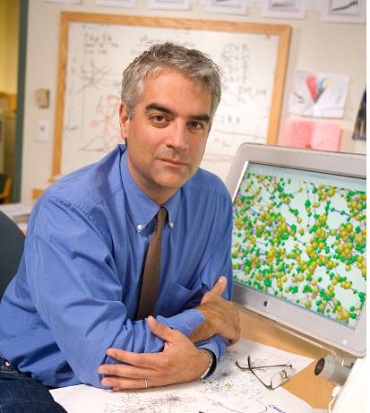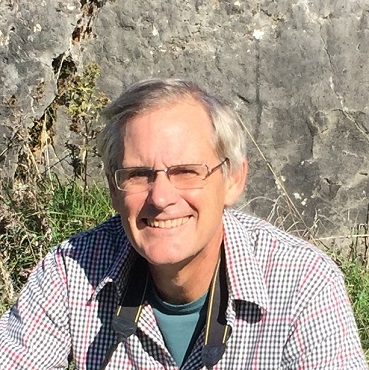Topics
Anna Kynthia Bousdoukou
Covid’s Over, what now: a podcast series
Navigating the Impact of Covid-19 on Children’s Mental Health
Child psychiatrist and Founding President as well as Medical Director of the Child Mind Institute in New York Dr. Harold S. Koplewicz has joined three pandemic-era Dialogues discussions related to mental health. Almost a year later, Phoebe Fronista met him in Athens, where he was taking part in a conference organized by the Child and Adolescent Mental Health Initiative, a new partnership between the Stavros Niarchos Foundation (SNF) and the Child Mind Institute that aims to help strengthen the infrastructure for preventing and treating mental health struggles faced by children and adolescents across Greece. The initiative is part of the SNF’s Global Health Initiative (GHI).
Dr. Koplewicz talked about how PTSD manifests in kids, behavioral red flags to look out for, as well as the need to raise awareness on mental health issues in the post-pandemic era.
I don’t think we have more kids with mental health disorders. I think we have more kids with mental health disorders, who are more symptomatic.

Harold S. Koplewicz, Child Psychiatrist and Founding President of the Child Mind Institute
From Covid-19 to the Vale of Tempe tragedy: looking for the light within the darkness
Foteini Tsalikoglou is an Emeritus Professor of Psychology at Panteion University, while she also served as a Director of “Psychology and the Media”, an interdepartmental master’s program. She is the author of several scientific books and novels, and her latest work, written during the pandemic, is Azor and the Master of Nine. In December 2020, she was a speaker on the Dialogues webcast on “The Psychological Effects of a Year Living with Covid-19”. Two and a half years later, Phoebe Fronista reached out to her to discuss the evolution of humanity’s relationship with death after Covid-19 and the tragic train accident in Greece’s Vale of Tempe, the issue of domestic violence and violence against women, as well as the urgent need to restore our mental health.
Τhe human bond is the most important factor of mental health. And one can see it...transform into a factor of destruction, this is the irony of history...A lousy alibi, a clouded mind, the appeal to madness...are all frightening and unsubstantiated excuses.

Foteini Tsalikoglou, Author and Professor of Psychology at Panteion University, on domestic violence
Echoes of the pandemic

In April 2020, Yale University Sterling Professor of Social and Natural Science Nicholas Christakis took part in the first SNF Dialogues webcast “Waiting to Connect”. It was the time of the first coronavirus lockdowns, during which the whole world was hoping to reconnect. Back then, Professor Christakis said that it would take two to four years for ‘normal’ to return, while some societal norms might never come back.
Almost three years later, we revisit the topic in order to reconnect in the post-pandemic era. In a discussion with Phoebe Fronista, Professor Christakis talked about his book Apollo's Arrow, how accurate his predictions turned out to be, whether we’re better prepared for a new pandemic and, finally, whether a new “Roaring Twenties” era is here.
We are unlikely to have another serious respiratory pandemic in the next few decades, but it could happen. And I suspect, we will forget all the lessons of the current one when the next one happens, just like this one we forgot all the lessons of the past ones.

Nicholas Christakis, Yale University Sterling Professor of Social and Natural Science
The Geopolitics of the post-Covid era

Brady Kiesling is a former US diplomat who famously resigned from the service in 2003 over the invasion of Iraq. He’s also the author of several books and an amateur archaeologist living in Greece. On September 2020, amid the pandemic and in light of the forthcoming US Presidential Elections, he was a speaker at the SNF Dialogues webcast titled “The Butterfly Effect: Entangled Geopolitics.” Two and a half years later, we checked back with him, about today’s geopolitical status quo, in our ongoing effort to understand our world in the post-pandemic era.
The rule of law must be applied to politicians more strictly rather than less, using whatever statutes the available evidence justifies.

Brady Kiesling, Author and Former US Diplomat
*The opinions expressed by Dialogues participants, whether officially representing institutions and organizations or themselves alone, at events, in articles, or in other audiovisual media are solely their own and do not necessarily represent the views of the Stavros Niarchos Foundation (SNF) or iMEdD. Speakers' remarks are made freely, without prior guidance or intervention from the team.

